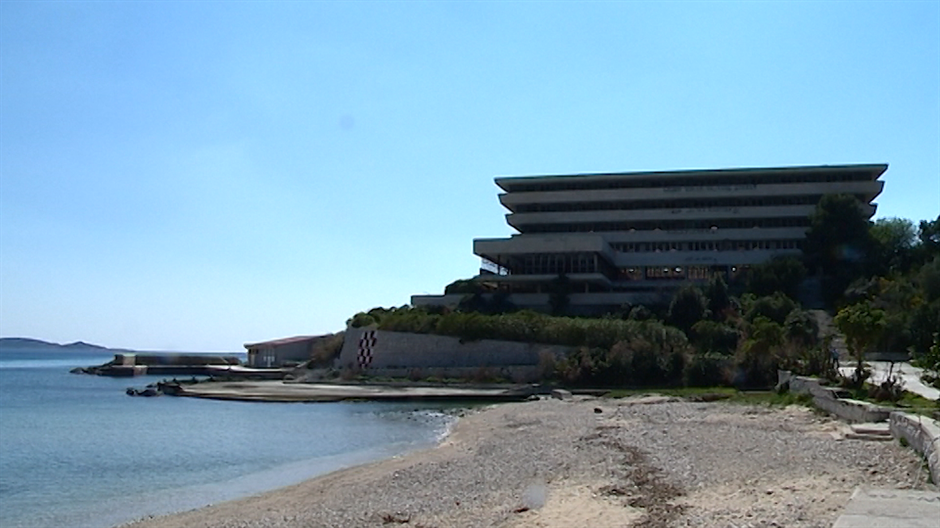
Croatia’s Parliament will on Friday discuss the final proposal for a law on governing of state property, including property with unclear ownership such as Bosnia’s numerous tourist resorts on the Croatian coast, which Bosnia could lose.
If the law is passed, property owned by Bosnia could be put under the management of third parties for a period of 30 years.
Bosnia could lose nearly 200 properties across the Mediterranean coast, which are worth some two billion Euro, according to the head of the Association for Vacation and Recreation of Workers of Bosnia and Herzegovina, Ramo Atajic.
For ten years already, Atajic is trying to find a way to raise the issue of the return of resorts which were owned by workers’ unions of Bosnian companies to Bosnia.
“There is currently a tender, it already came out, regarding the sale of a building in Baska Voda which is owned by (Bosnia’s) ‘Hidrogradnja’, and they (Croatia) are asking for five and a half million Euro for that hotel which Hidrogradnja built,” Atajic said.
The changes to Croatia’s state ownership law will make it impossible for Bosnia to claim its properties, he said.
“It is well known that if someone is using a property for 20 years, he obtains the right to that property, based on the principle of adverse possession. It’s a trick our (representatives) have not noticed, as I see no reactions,” Atajic said.
“They (Croatia) will now rent out this property for the next 30 years and in 20 years, the one renting it will be registered (as the owner) and then we have nothing to say to that,” he explained.
The situation Bosnia’s property has found itself in is only the newest action in an attempt to deprive Bosnia of its property and bring it into an unequal position compared to other countries who are inheritors of their properties after the breakup of former Yugoslavia, according to state ownership expert, Muharem Cero.
“It is clear that the effects of such a move and the grab of Bosnia’s property for a 30 year period, until a bilateral agreement is signed, is breaching Bosnia’s economic sovereignty,” Cero said, “especially in regard to the fact that it concerns an enormously large sum of financial resources, which would enable Bosnia to avoid borrowing money externally and to economically consolidate,” Cero said.
But Bosnia’s Justice Minister, Josip Grubesa, sees nothing wrong with the changes Croatia is to discuss regarding the law. According to him, it is all an incentive for speeding up the negotiations and achieving a final agreement between Bosnia and Croatia.
“What they are now doing with their legal solution is that they will give the property up for concession, and I posed the question what would happen if we agree on the property in five years? They said OK, no problem, the new owners will take over the contract which the Republic of Croatia has made with the interested party,” the minister said.
Institutions are silent over the issue. As the treaty on succession does not contain mechanisms of legal protection, Muharem Cero thinks that the response could be an open letter to European institutions and to the Security Council, or to take a reciprocal action toward Croatia.
Kakvo je tvoje mišljenje o ovome?
Učestvuj u diskusiji ili pročitaj komentare





 Srbija
Srbija
 Hrvatska
Hrvatska
 Slovenija
Slovenija



























































